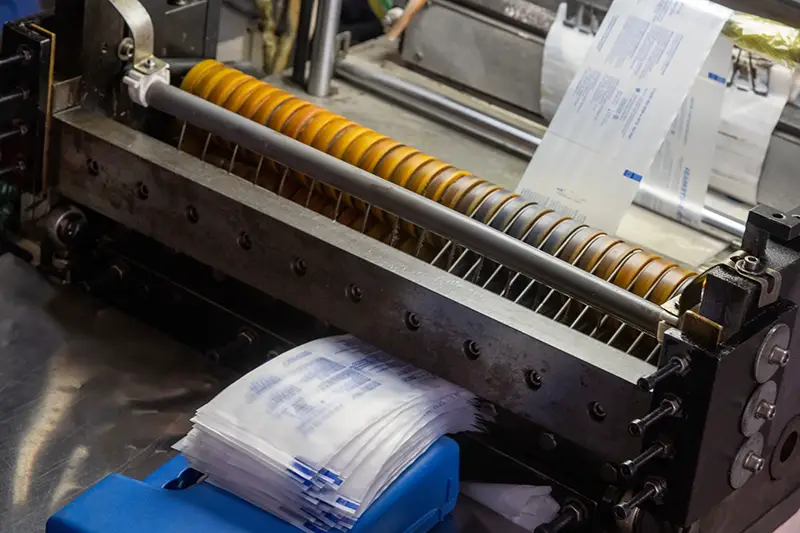Click here to get this post in PDF
In the realm of small-scale manufacturing, the adoption of automated production facilities has emerged as a transformative trend. This move towards automation represents a significant shift in manufacturing methodologies, highlighting the increasing role of technology in enhancing efficiency and precision even at smaller scales.
Enhanced Efficiency for Small-Scale Operations
For small-scale manufacturers, the adoption of automation is synonymous with a considerable boost in production efficiency. Automated systems allow for the continuous and optimized functioning of production lines, substantially reducing downtime and improving output quality. For instance, in small electronics manufacturing businesses, the integration of automated assembly lines has been reported to significantly increase productivity. According to the International Federation of Robotics, small manufacturers who embraced automation have seen a notable uptick in efficiency, reflecting a broader trend across diverse manufacturing sectors.
Error Reduction and Waste Minimization
The impact of automation in minimizing errors and reducing waste is particularly significant for small-scale manufacturers. Manual processes, more common in smaller operations, are prone to human error, leading to product defects and inefficiency. By introducing automated systems, small manufacturers can achieve higher precision and consistency, effectively lowering error margins. This reduction in errors directly translates to less waste, aligning with sustainable manufacturing practices. The Environmental Protection Agency (EPA) data indicates a general trend of decreasing manufacturing waste, which is particularly beneficial for small-scale operations looking to optimize resource utilization and reduce environmental impact.
Benefits of Automated Labeling in Small Manufacturing
Automatic labeling machines have become a crucial component in small-scale manufacturing, offering accuracy and efficiency in the packaging process. These machines ensure correct label placement at high speeds, vital for small businesses that need to maintain pace with market demands. The consistency and accuracy provided by automatic labeling not only enhance product presentation but also ensure compliance with regulatory standards, crucial for maintaining product safety and brand reputation in competitive markets.
Why Small-Scale Manufacturers Should Invest in Automation
Investing in automation is a strategic decision for small-scale manufacturers, offering a path to scale operations, enhance efficiency, and improve product quality. Automation allows small businesses to handle larger production volumes with greater precision, leading to improved customer satisfaction. It also reduces dependence on labor, which is a significant factor given the challenges of labor costs and shortages. Importantly, automation supports sustainable practices by minimizing waste and optimizing resource use. For small-scale manufacturers, automation is not just a tool for growth; it’s a necessity to stay competitive in an evolving industry.
Conclusion
For small-scale manufacturers, the integration of automated production facilities is increasingly crucial. Automation offers unmatched efficiency, error reduction, and waste minimization, essential for these businesses to thrive in today’s market. As the manufacturing landscape evolves, the role of automated systems in small-scale operations will only become more significant, underlining their value in ensuring competitiveness, sustainability, and growth.
You may also like: What Laboratory Specimen Labels Are, And How To Properly Use Them
Image source: elements.envato.com

